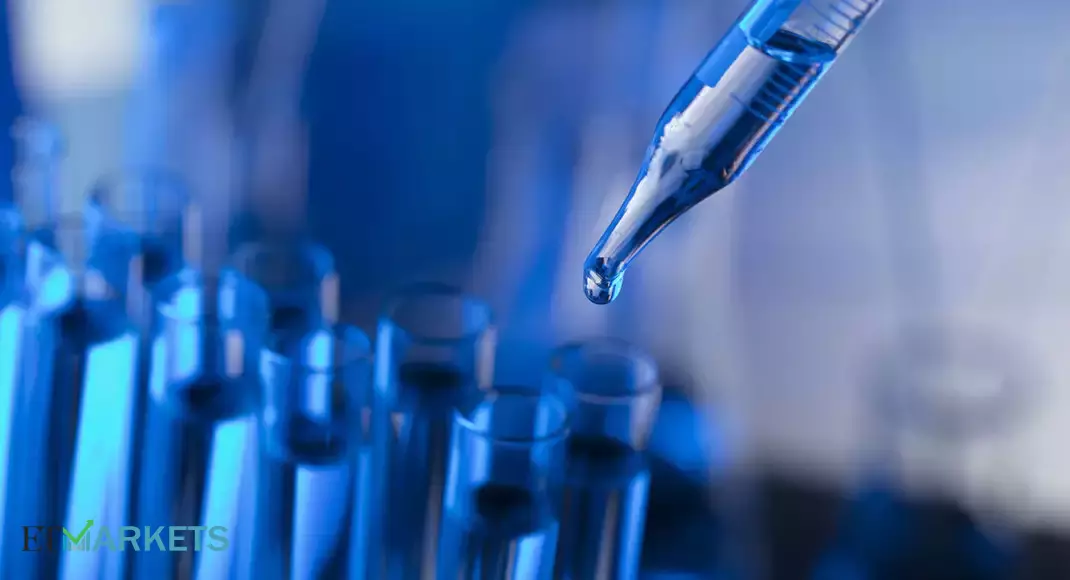Given its presence in the lithiumbased chemicals used in batteries for electric vehicles, the company’s revenue potential is high.
The IPO appears to be richly valued when compared with listed peers. Long-term investors may wait for more reasonable valuation in the secondary market after the company provides sufficient track record of better earnings growth.
BUSINESS MODEL
Mumbai-based Neogen Chemicals manufactures bromine and lithiumbased chemicals. The pharma sector is a major demand driver with 82 per cent contribution to revenues.
The other user sectors are agro-chemicals, engineering, speciality polymers and electronics. Its clients include Austin Chemical, CBC, Divi’s Lab, Laurus Lab, Solvay, Thermax and Voltas. The company manufactures 1.30 lakh litres reactor volume of bromine-based chemicals and 12 lakh kg of lithium-based chemicals. Revenues from domestic and export markets was in equal proportion in the nine months of FY19.
FINANCIAL SNAPSHOT
Total revenue rose by 20 per cent to Rs 164 crore and net profit increased by 31 per cent to Rs 10.4 crore in the past four fiscals to FY18 on annual basis. Operating profit grew by 26 per cent to Rs 29.6 crore during the period. In the first nine months of FY19, revenues touched Rs 159.6 crore and net profit Rs 12.2 crore.

RISK FACTORS
Given the lack of lithium mines in India, the company is dependent on imports, exposing it to risks of supply disruption and currency fluctuations. Inventory levels are elevated with a turnover at 110 days for the past two fiscal years. Neogen Corporation, a USlisted firm producing animal and food safety products, has filed an intellectual property suit for using the brand ‘Neogen’.
VALUATION
At Rs 215 per share, the company demands price-earnings multiple of 26.5 and 30.7 times annualised earnings based on pre- and post-IPO capital respectively. The average P/E of peers Aarti Industries, Atul Ltd, Vinati Organics, Navin Fluorine, and Paushak based on trailing earnings was 26.5, as per Capitaline data.
Neogen’s operating margin and scale of operations are lower than some of the peers, which makes the IPO expensive. In the long-term, growth will hinge on success in supplying e-vehicle battery makers.

